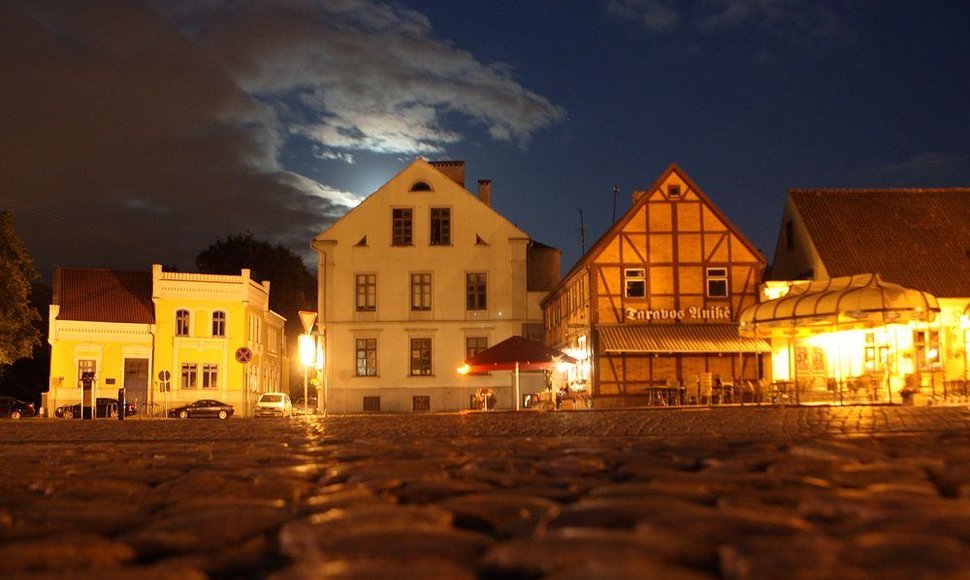"The return of Lithuanians to Klaipėda after a break of 500 years, in the civilization terms, meant for Lithuania the same as the Unification of Germany for Berlin, the incorporation of Bavaria into the State of Germany or the defeat of the Swedes and the establishment of Saint Petersburg for Russia," the historian said in an interview to BNS.
Sunday marks 90 years since the Supreme Committee for the Salvation of Lithuania Minor was set up. Three days later, it asked Lithuania to come to rescue, and on 9 January, a thousand of volunteers from Lithuania, dressed as civilians, crossed the border.
Kaunas called this move a local revolt, and on 24 January the Seimas of Lithuania satisfied the Committee's request on the incorporation of Klaipėda Region. Until then, under the Treaty of Versailles, Klaipėda was put under a French administration. Soon afterwards, the Conference of Ambassadors recognized Klaipėda as an autonomous region within Lithuania which led to the mood of triumph across Lithuania.
Kasparavičius notes that it’s no secret today that the Klaipėda Revolt was in fact organized in Kaunas and that around 70 percent of rebels were riflemen, students, volunteers, or simply civil-dressed troops from Lithuania proper, and that this Lithuanian revolt was pre-coordinated via diplomatic channels with Berlin and Moscow.
"It is understandable that the whole situation was fabricated and it was clear for European political leaders: nobody ever believed this legend of the Klaipėda Revolt. And diplomatic protests were weak and were rather a décor. Strong protests came only from Poland but the county was restrained by the Kremlin factor, and the Western allies were afraid to spark another war," the historian said.
In his opinion, the Lithuanian government's moves to recover Klaipėda can today be evaluated "only positively."
"Without the recovery of Klaipėda, interwar Lithuania's economic progress would have been impossible. Without Klaipėda, Lithuania's political-diplomatic struggle for Vilnius would have been practically doomed. And without Vilnius and Klaipėda, Lithuania's statehood remains only an ideological chimera. Besides, the march to Klaipėda was important for the Lithuanians psychologically as it showed that Lithuania can compete with Poland in certain areas, and that inspired them for a long battle for Vilnius," Kasparavičius said.
Based on the 1925 census data from Klaipėda Region, 141,000 people lived in the region at the time, including 64,000 Germans, 37,000 Lithuanians, and 34,000 "Klaipėda residents" who spoke Lithuanian at home.
Kasparavičius says that within the next 15 years, the volume of international shipping in Klaipėda more than doubled from 700 ships in 1923 to 1,550 ships in 1938, and cargo turnover rose more than four times, with almost 80 percent of Lithuania's total foreign trade going via Klaipėda in 1938.
"We can say that the Lithuanians put a major part of their energy, money, and hopes into Klaipėda in 1923-1938," Kasparavičius said.
Klaipėda now has a population of 162,000, including 74 percent of Lithuanians and 20 percent of Russians, according to the 2011 census data.
Last year, the Seimas of Lithuania declared 2013 the Year of Recovery of Klaipėda Region.












